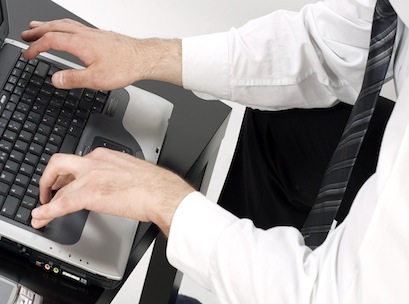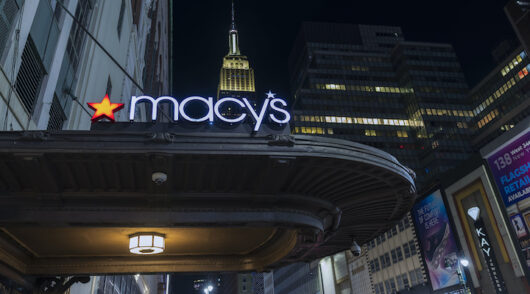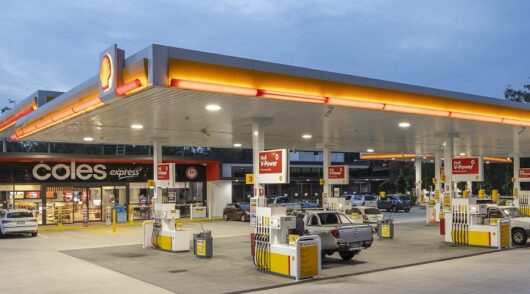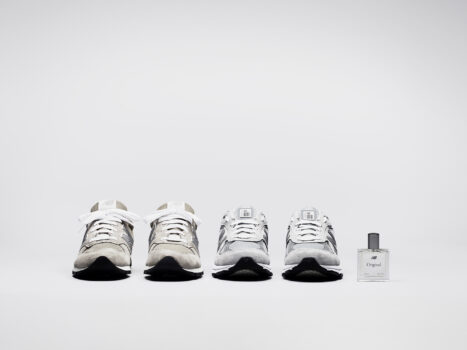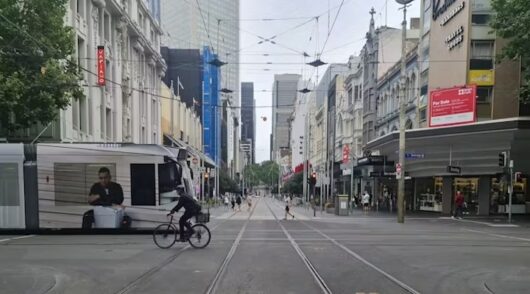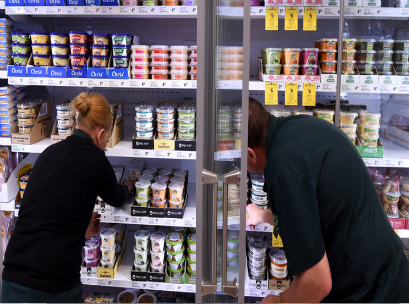 More than 2.3 million Australians will receive an additional $24.30 per week in their pay packets from 1 July, The Fair Work Commission (FWC) has decided.
More than 2.3 million Australians will receive an additional $24.30 per week in their pay packets from 1 July, The Fair Work Commission (FWC) has decided.
The national minimum wage will increase by 3.5 per cent at the end of the month, bringing the weekly minimum to to $719.20 per week, or $18.93 per hour for a full time worker.
The increase was more than the $12.50 to $13.20 per week wise employer groups had hoped for, but below what unions had been campaigning on.
Australian Retailers Association (ARA) executive director Russell Zimmerman, who advocated for an at inflation increase (1.9 per cent), said the decision was a “disaster” for the retail industry and not sustainable.
“We would expect that retailers will have to look at hours and staff they are employing to look for ways to reduce them,” he said.
The Australian Council of Trade Unions (ACTU) wanted a $50 per week increase (7.2 per cent) and has been campaigning for broader changes to the FWC, claiming it is stacked in the favour of employers.
But FWC president Justice Iain Ross AO said on Friday that a $50 per week increase would likely have an adverse impact on employment.
He said that economic conditions had improved since this time last year, with employment growth proving particularly positive.
“The economic indicators now point more unequivocally to a healthier national economy and labour market,” Justice Ross said.
“Low wages growth has significant economic and social consequences,” he said.
“Sustained low wages growth diminishes the sense of shared prosperity.”
Unions were gathering outside the FWC’s offices in Sydney on Friday morning, prior to the decision.
ACTU secretary Sally McManus said the increase was a step in the right direction, but that the minimum wage needed to be pegged to 60 per cent of Australia’s median pay.
“We used to have in our country a living wage,” McManus told reporters in Sydney. “That concept was a simple one, that no person or their family should be full time and live in poverty, this is a good step forward today … but it is not enough.”
“People who have been forced into poverty by the inadequacy of this wage should not have to wait every year to see if they will be saved by the Fair Work Commission.”
“Many retailers are confronting extraordinarily challenging trading conditions, and they are crying out for help,” chief executive Dominique Lamb said.
“This is the biggest increase in the minimum wage in recent memory and we are concerned that it will result in fewer jobs in retail.”
SDA national secretary Gerard Dwyer said the wage boost stood in “stark contrast” to the recommendations of the NRA and ARA.
“Today’s minimum wage increase of 3.5 per cent is a step in the right direction to easing that pressure and a testament to the hard work of the union movement in bringing the struggle of working Australians to light,” he said.
Australian Industry Group chief executive Innes Willox said the 3.5 per cent increase was out of step with current business conditions.
“It is out of step with wage movements across the economy, with inflation, and with the pressures that many businesses are under,” he said.
Greens MP Adam Bandt said many full time workers would remain in poverty even with the increase.
“Even after this increase, even though the economy is apparently going gangbusters, many full-time workers will still be in poverty. Our laws are broken. The Greens will press ahead with our bill to lift the minimum wage,” he tweeted.
UPDATED 14:13 AEST
More to come.
Access exclusive analysis, locked news and reports with Inside Retail Weekly. Subscribe today and get our premium print publication delivered to your door every week.

